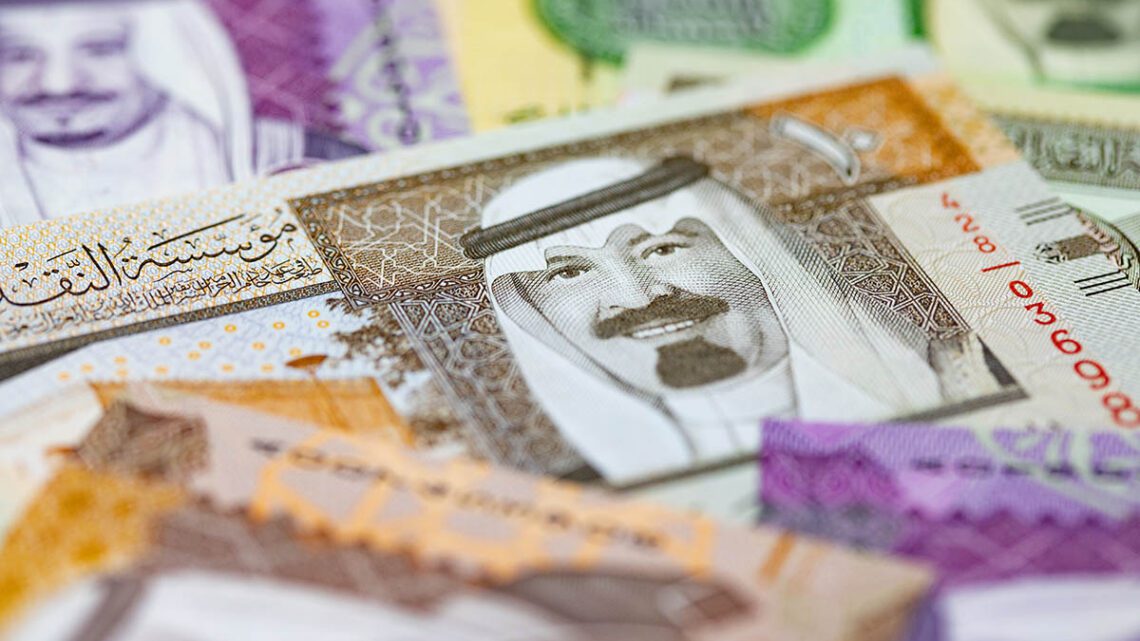
A new Kingdom of commodities
September 19, 2023A US$2.6 billion deal with Vale SA marked Saudi Arabia’s first significant entry into the mining space. It was a momentous foray away from oil for the Saudis, securing a significant slice of Canadian, Brazilian, and Indonesian assets focused on copper, nickel, and other critical energy transition minerals.
And there will be more to come, with the Kingdom’s Ministry of Industry and Mineral Resources reportedly aiming to increase private investments in mining to US$45.6 billion by 2030.
Qatar was already a major Glencore backer, but in a recent interview, mining magnate Robert Friedland said that in terms of capital, everything had changed.
“Now, probably, the largest supply of capital to the mining industry will come from the Middle East,” he said.
The Vale deal is expected to be the first specific test of Canada’s curbs on foreign investment. Still, unlike China, long-standing as a dominant funder, Middle Eastern investors are expected to be passive partners – and, while scrutinised, hardly carry the same geopolitical concerns.
“The American government has an ‘ABC’ policy: Anything but China,” Friedland has noted.
Over the past years, Chinese counterparts have repeatedly outbid major mining companies with a state-mandated drive to secure raw materials. Still, their struggling economy and a Middle East region flush from high oil prices could replace those high bids at the auction table.
Chinese cash is estimated to comprise a ridiculous 30 per cent of global investment but is laden with debt. The mining superpower might require a slowdown to rebalance its economy.
The US needs to catch up to China regarding critical minerals and is increasing its international reach to secure resources from friendly jurisdictions.
A considerable portion of Chinese investment has been sent to secure metals in Africa, a continent now the subject of talks between the United States and Saudi Arabia to buy assets worth US$15 billion and provide US companies with production rights.
It opens the path for miners to develop a relationship with Saudi Arabia to mine its resources as companies and governments seek new jurisdictions to secure critical metals.
Demand for jurisdictions
Barrick Gold, the world’s second-largest producer of precious metals, already operates a copper mine in Saudi Arabia and intends to deepen its relationship with the Kingdom.
A massive global need for copper has riskier jurisdictions in the spotlight. Barrick plans to invest US$7 billion to revive a Pakistani Reko Riq copper project believed to contain one of the world’s largest untouched copper-gold reserves. As the stakes for untapped copper heats up, this reserve known to exist beneath the insurgent-prone province on the border of Afghanistan is on the table.
Saudi Arabia may seem an unpalatable choice for some investors. But there is no denying it is a stable jurisdiction with significant untapped resources, estimated by the Ministry of Industry and Mineral Resources to be worth over US$1.3 trillion – slightly more than an aged Christiano Ronaldo.
The 600-thousand-kilometre Arabian Shield in the western part of the Kingdom is known to hold vast deposits of gold, silver, copper, zinc, chromium, manganese, tungsten, lead, tin, aluminium, and iron.
And there is undoubtedly a history of profit in the Kingdom, which essentially bought the game of golf.
The Mahd Al Dhahab area, the Cradle of Gold, is so venerable that it may have even been mentioned in The Book of Genesis and once stood as the source of King Solomon’s wealth.
But the wealthiest of us no longer wear crowns, and there are riches more splendid than gold.
The Majors have made their intent on copper and nickel clear. Western miners are ponying up the enormous figures that could be made through downtrodden economic conditions.
BHP and Rio Tinto have completed multi-billion copper and nickel deals. Glencore is backing a billion-dollar deal to buy Brazilian copper and nickel mines while trying to buy Teck Resources. Meanwhile, FMG’s Andrew Forrest has said he will invest whatever it takes to become a global nickel power.
The big miners have also been steadily encroaching on a lithium exploration sector filled with juniors.
While it has lost some of its lustre, a downturn in the price of white gold has resulted at the beginning of what some commodity analysts see as the beginnings of a sweep of mergers and acquisitions not seen since the resource boom of the 2000s.
Gina Rinehart’s late swoop to block a $6.6 billion Albemarle takeover of Liontown Resources showed her intent on the sector. At the same time, companies like Rio and Albermarle have continued sniffing around junior exploration plays.
China has also grabbed its share. The Communist regime has purchased 10 of the 20 available lithium mines for $12.3 billion since 2018. Still, Western companies have remained hesitant to stump up hefty sums for existing producers who are digging their heels in on lofty evaluations and the future promise of soaring demand.
The cheapest way to find lithium might now be with the drill and the junior end of exploration. While lithium, copper, and nickel have all suffered through recent price downturns, the actions of international mining companies and global powers continue to prove that the money and intent are there for an immense groundswell of demand.
Please note the following valuable information before using this website.
Independent Research
Market Open Australia is intended to be used only for educational and informative purposes, and any information on this website should not be taken as investment advice or guidance. It is important to conduct your own research before making any investment decisions, which should be based on your own investment needs and personal circumstances. Any investment decisions based on information contained on this website should be taken in line with independent financial advice from a qualified professional or should be independently researched and verified.


